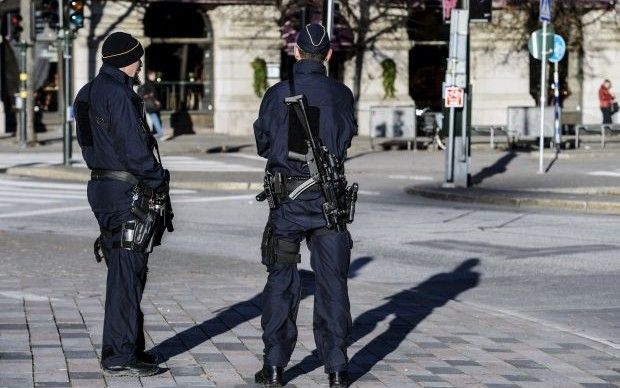
November's attacks marked the second time Paris was targeted by militant groups in a year after the offices of "Charlie Hebdo" satirical magazine and a kosher supermarket were attacked in January 2015, DW reported.
Parliamentarians voted 212 in favor to 31 against, with three abstentions, after the upper house Senate approved the extension last week.
French Interior Minister Bernard Cazeneuve told deputies of the National Assembly that the terror threat to France "has never been higher," adding that "an imminent danger has not gone away."
Under the state of emergency, police have the power to place under house arrest any person considered "a threat to security and public order" without a court order. It also allows them to conduct searches at any hour without prior approval from a court.
Since the attacks, authorities have conducted some 3,340 searches resulting in more than 340 arrests and placed 285 people under house arrest.
The searches "have been able to disrupt the organization of the networks which arm and finance terrorism, in particular with regards to the trafficking of arms and drugs," Cazeneuve told the National Assembly.
However, the searches have been criticized by human rights bodies and organizations, including the intergovernmental organization Council of Europe.
The Council of Europe said it is concerned about "some abuses" committed by "police officers" during searches, some of which have been handled quite violently.
The state of emergency is expected to remain in place until May 26.

